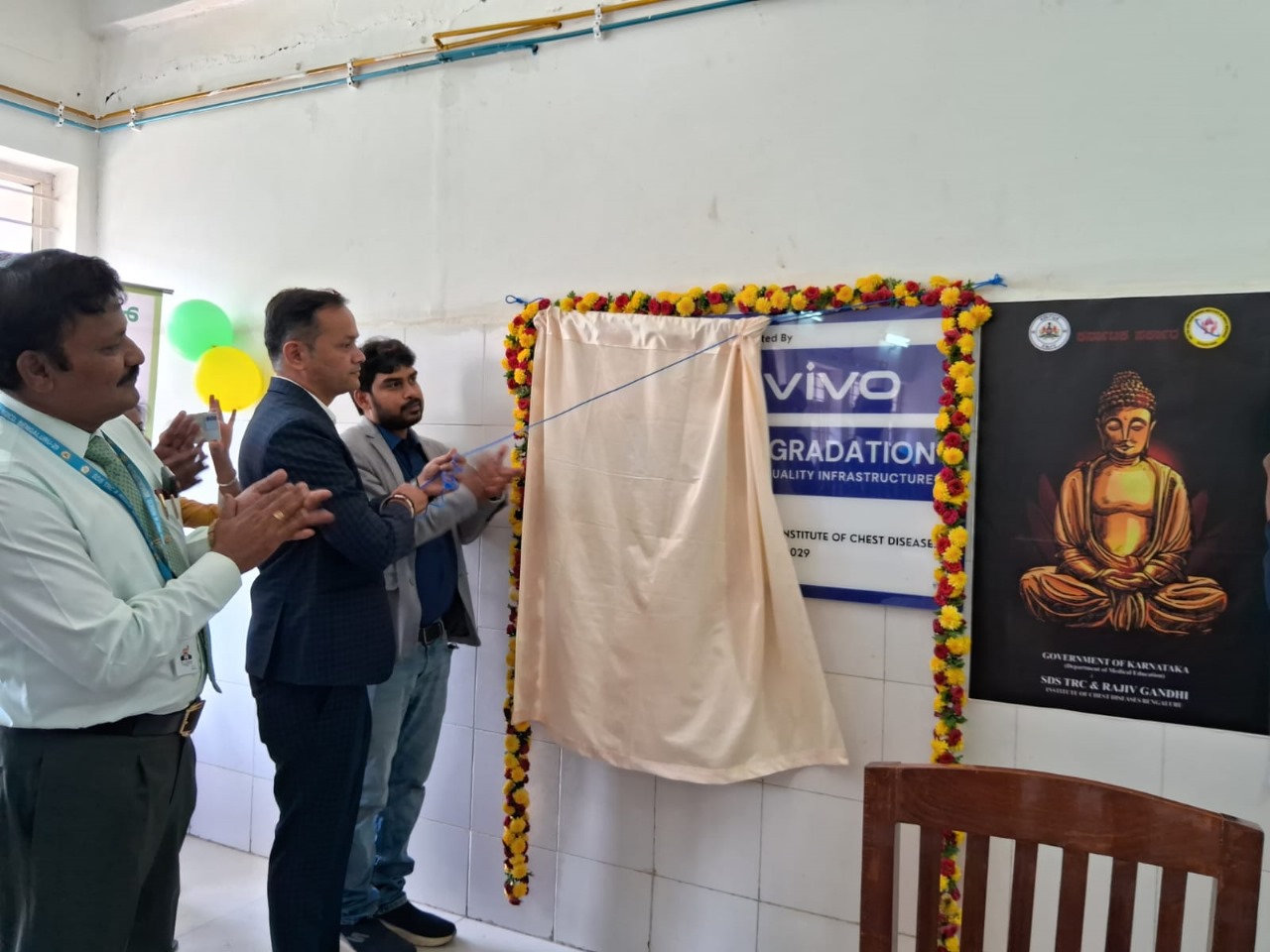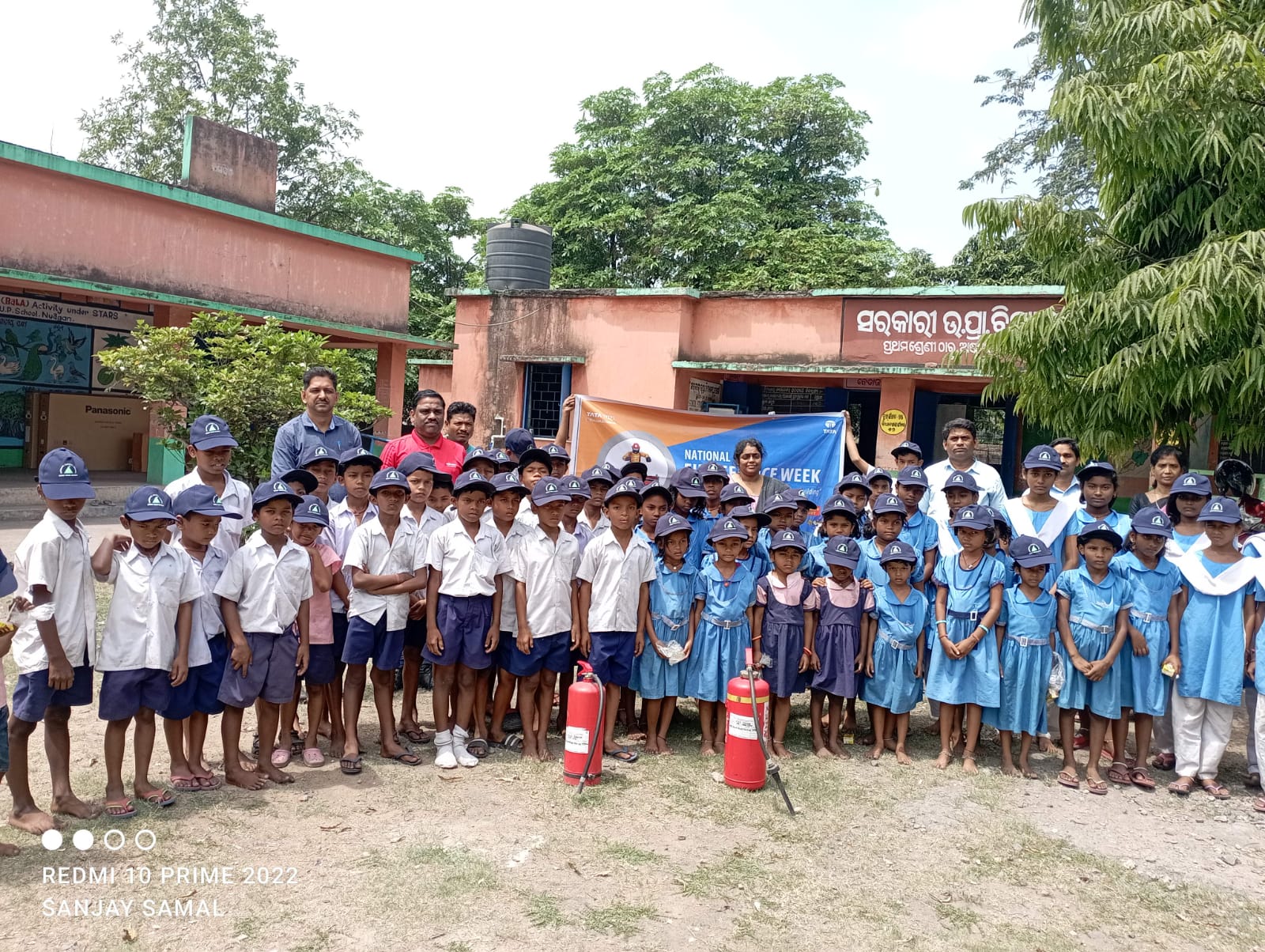Subscribe our Weekly Newsletter
Applications Invited for Empowering Media Savvy Youth

Organization: U.S.Department of State, U.S. Mission to India
Apply By: 03 Jun 2024
Grant Amount: 200000 USD
About the Organization
The United States Department of State, or simply the State Department, is an executive department of the U.S. federal government responsible for the country's foreign policy and relations.
Our Mission: To protect and promote U.S. security, prosperity, and democratic values and shape an international environment in which all Americans can thrive.
The U.S. Embassy in New Delhi is one of the largest U.S. diplomatic missions in the world, a reflection of the importance the United States places on its relationship with India. The Embassy represents 17 U.S. federal government agencies, from the U.S. Department of State to the Federal Aviation Administration. The Embassy coordinates the activities of four consulates — in Mumbai, Kolkata, Chennai and Hyderabad – ensuring that the U.S.-India relationship is strong throughout the country.
About the Grant
The U.S. Department of State's Public Diplomacy Section (PDS) in India is pleased to announce an open competition for a cooperative agreement to support the "Empowering Media Savvy Youth" project in FY2024. This project will be implemented in five Indian cities: New Delhi, Mumbai, Chennai, Kolkata, and Hyderabad.
This project endeavors to confront the growing menace of online manipulation and reinforce regional security, thereby reflecting the shared commitment of the U.S.-India partnership to cultivate a secure digital landscape and combat external influences. Through targeted digital literacy and resilience programs, the project empowers diverse communities across the target cities.
Key elements of the project include:
In phase 1, the project will focus on:
- Customized Training Materials: Existing Learn to Discern (L2D) content undergoes adaptation, resulting in a comprehensive Youth Trainer Handbook tailored for effective training delivery.
- Localization Efforts: The handbook is translated into the five predominant local languages, ensuring accessibility and resonance within the target communities.
- Youth Master Trainer Recruitment and Training: Interested youth through a competitive process are recruited and trained as Youth Master Trainers (YMTs), equipped with essential training methodologies and skills.
- Community-Led Training Events: YMTs spearhead youth-led training activities in collaboration with local institutions, bolstered by strategic partnerships with American Spaces.
- Mentorship and Knowledge Exchange: Monthly gatherings facilitate mentorship opportunities, enabling Master Trainers to share insights and strategies with YMTs.
- Collaborative Initiatives: Cross-city events and conferences foster collaboration among YMTs and youth participants, amplifying the impact and sustainability of the project.
In Phase 2, the project focuses on cultivating L2D content creators from among the participants of the YMT sessions. Through innovative training workshops and partnerships with social media influencers, these creators develop and disseminate engaging social media campaigns to promote media and information literacy.
By equipping individuals with the critical skills to navigate the digital realm, combat misinformation, and promote online safety, this project contributes not only to regional security but also strengthens the enduring partnership between the United States and India.
Background:
Manipulative information (including, misinformation, disinformation, and hate speech) is disrupting societies worldwide. Facilitated by digital platforms, its dissemination undermines democracy, exacerbates social divisions, heightens public health challenges, and deepens existing inequalities. In India, where social media usage is widespread among the youth population, recent research by Indian, European, and American think tanks has highlighted how manipulative content is amplifying societal polarization and erodes institutional trust. This consequently strains U.S.-India bilateral relations, threatening collaborative efforts and diplomatic ties.
Essential strategies to address information manipulation include bolstering digital literacy, enhancing cybersecurity, and promoting responsible digital engagement. Investing in Indian youth’s understanding of the information environment will help them critically evaluate their news consumption. It will also help build English language skills, and understanding of the U.S. academic system, culture, and values.
The American Spaces are gathering locations run by the U.S. Embassy and Consulates that facilitate learning programs in their communities. In recent years, have addressed misinformation and promoted media literacy through projects like Learning to Discern (L2D), workshops, and training programs. These initiatives have equipped diverse audiences, including students, educators, journalists, and civil society members, with essential skills to critically evaluate information sources. By engaging in discussions about media literacy and digital citizenship, American Spaces foster a proactive approach to combat misinformation. Through L2D and other initiatives, they empower individuals to navigate the digital landscape responsibly. This project will build upon these previous efforts and utilize the existing American Spaces locations.
Project Audience(s):
The project aims to engage emerging voices and Indian youth, particularly Youth Graduates from Learn to Discern India Academy (L2D-IA) and university students, alongside media producers/social media influencers. This strategic approach focuses on fostering critical thinking skills among the youth, harnessing the influence of master trainers, and utilizing social media platforms for impactful awareness campaigns. By targeting these segments, the project endeavors to actively combat misinformation and shape narratives effectively to address the root causes of disinformation.
Project Goal: Strategically enhance regional security and bolster the bilateral partnership between India and the United States, by fostering digital literacy and resilience within diverse Indian communities.
SMART Objective:
The program's success will be determined by a significant 20% enhancement in participants' knowledge levels, measured through pre- and post-surveys, in addition to monitoring social media interactions and metrics.
- By the conclusion of the program, 160 Learn to Discern India Academy (L2D-IA) graduates from Chennai, New Delhi, Hyderabad, Kolkata, and Mumbai will attain expertise as Youth Master Trainers (YMTs) after targeted training.
- Leveraging their skills, they will conduct 320 impactful sessions on information analysis and digital resilience, benefiting a minimum of 32,000 participants.
- Among these participants (32,000), a subgroup of 60 will receive additional training to become social media influencers to create content and run campaigns specializing in countering disinformation across various subjects, aiming to engage at least 36,000 youth.
Eligibility
The following organizations are eligible to apply:
- Not-for-profit organizations
- For-profit organizations (remember non-PD money only)
- Civil society/non-governmental organizations
- Think tanks
- Public and private educational institutions
- Public International Organizations and Governmental institutions
For-profit entities, even those that may fall into the categories listed above, are not eligible to apply for this NOFO. Organizations may sub-contract with other entities, but only one, non-profit, non-governmental entity can be the prime recipient of the award. When sub-contracting with other entities, the responsibilities of each entity must be clearly defined in the proposal.
How to Apply
Submission Deadline: All applications must be received by June 3, 2024[11:59 pm midnight Washington DC].
Application forms required are available at www.grants.gov
There are two application submissions methods available to applicants. Applicants may submit their application using Submission Method A or Submission Method B outlined below.
- Submission Method A: Submitting all application materials through Grants.gov.
- Submission Method B: Submitting all application materials directly to the following email address: ND_GrantApplications@state.gov
Applicants opting to submit applications via email to must include the Funding Opportunity Title and Funding Opportunity Number in the subject line of the email.
For more information please check the Link
Stay in the loop with the newest RFPs and Grants through NGOBOX's WhatsApp Channel. Join now by clicking here!
Latest Online Store
Latest Tenders And EOIs
Latest News
© Renalysis Consultants Pvt Ltd


























